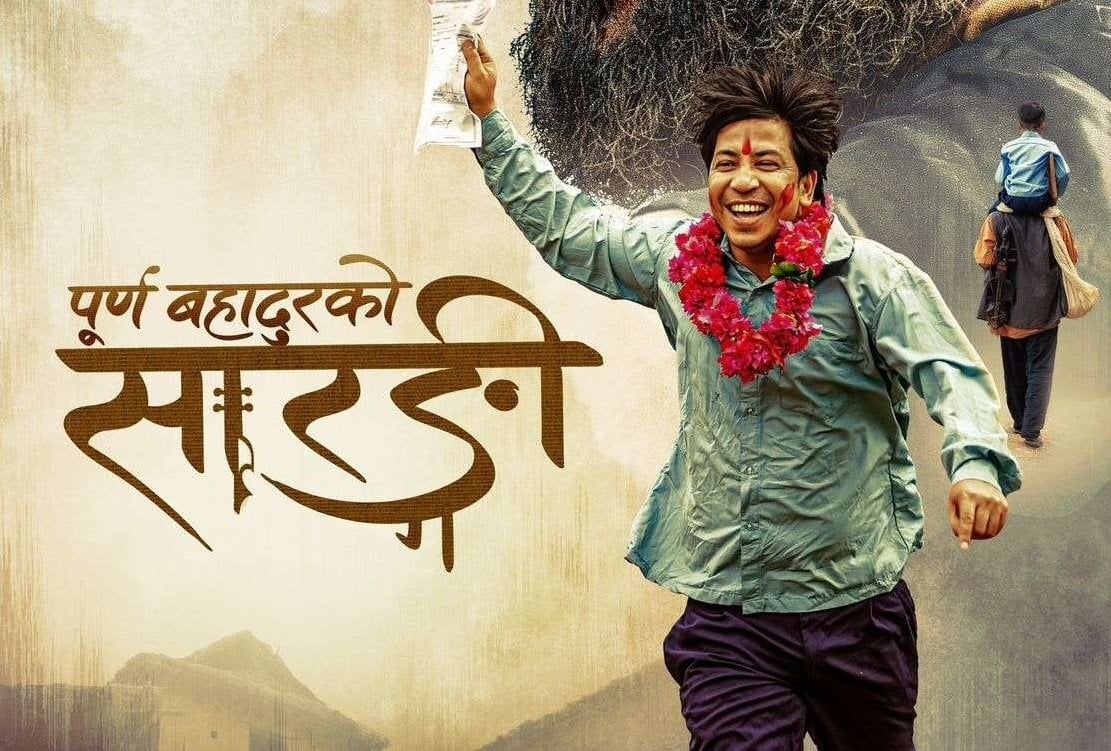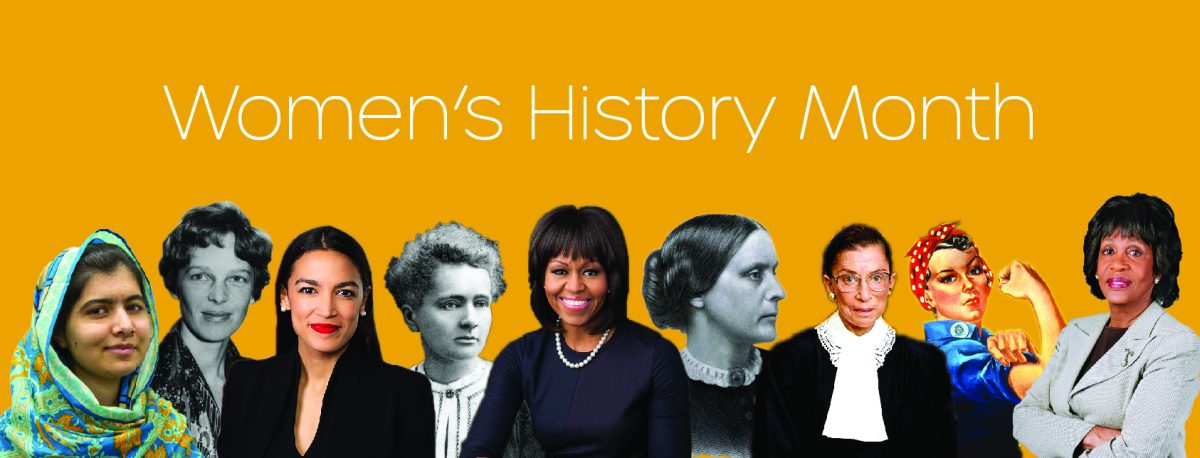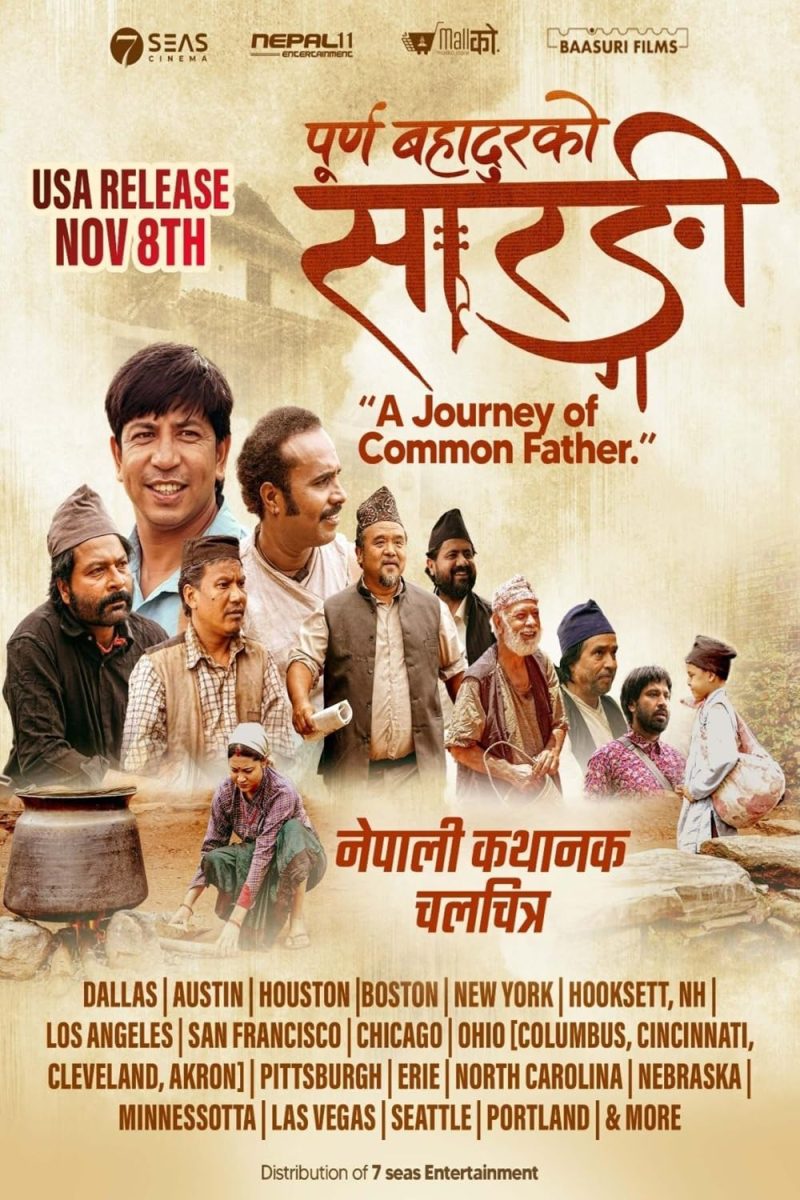 Recently on October 31st of this year, a new Nepalese movie was introduced to the world—Purna Bahadur ko Sarangi. Despite its rocky beginning in the media at first, the movie has gained popularity amongst Nepalese fans, and around the world. This movie has been screened all over the United States; since the date of its release, it has made more than five million U.S. dollars, which is far more than any other movie from the country, marking its exponential success.
Recently on October 31st of this year, a new Nepalese movie was introduced to the world—Purna Bahadur ko Sarangi. Despite its rocky beginning in the media at first, the movie has gained popularity amongst Nepalese fans, and around the world. This movie has been screened all over the United States; since the date of its release, it has made more than five million U.S. dollars, which is far more than any other movie from the country, marking its exponential success.
Despite the Nepalese government having officially abolished any form of caste discrimination since 1963, it is still prevalent in rural villages where tradition is favored over change. Nepal is composed of over a hundred ethnic groups, marking it as one of the most ethnically diverse countries in the world, and this means that each group has its own set of values.
The movie follows the father Purna Bahadur Gandharva, who was born as a Gandharva in a rural Nepalese village. Gandharvas are a lower social caste in Nepal where the males perform songs to the rich, playing an instrument called the sarangi. In a sense, their voice and instrument serve their entire life—if they cannot sing or play, they can not earn money. This is a crucial part of their lineage, as they pass on the tradition to their children after.
We learn that Purna falls in love with a woman named Batuli, whom he ultimately wins in a dohori contest. A dohori contest is when two teams, typically one side being men and the other side being women, trade verses of songs back and forth and try to outdo one another. In this movie’s context, Purna and Batuli traded verses back and forth, until Batuli couldn’t think of any more lines to sing, thus deeming Purna the winner, and marrying her; this was how back then in Nepal, these contests were held. Batuli loses on purpose since she has a crush on the man and much to the anger of her family, she marries him.
The pair have a child together, and she soon notices the discrepancies between the Gandharvas and the rest of the village’s social castes. In the village, Gandharvas do not harbor much respect and live in poverty compared to the rest of the well-off people. Batuli is outraged when she realizes that her son, Kamal, has been following in her husband’s footsteps, by going with him to sing and play the sarangi in the other villages.
Rather than make her son turn into a Gandharva like Purna and face class disparities, she wants her son to grow up to be an educated man. She accomplishes this by running away with her son and her childhood friend, who recently came back from the city. However, while they run away, Kamal grows terrified and runs back to stay with his father, who is saddened by the death of his own father—and the only real connection he has with his traditional roots.
Amidst his sadness, Purna enrolls his son in school finally and Kamal sees the joy that every child in his village sees with an education. While in school, he plays the role of a doctor in the school play and realizes just how much respect and responsibility a doctor garners in comparison with his father’s role as a singer.
Fast forward to ten years later, Kamal passes the exam to attend school in the city, to which his father sends him to the city—a milestone in their family. After passing the exam to attend medical school, he realizes that his father is too poor to pay for the tuition, and lies, saying that he didn’t pass. However, his father soon finds out and sends him back to the city.
In order to pay for the fees of medical school, Purna does many things to support his son financially. One of the drastic measures he takes is to sell all of his property, as medical school is heavily expensive.
This movie displays many of the hardships that those who come from immigrant families have to suffer through. Oftentimes than not, those who are immigrants to an unfamiliar country have to pay large sums of money in order to gain a proper education. Many families have to go through crippling financial debt and hardship to keep their children’s future intact.
Sometimes, parents will do anything for their children, and the drastic measures in Purna Bahadur ko Sarangi show this. Towards the end of the movie, Purna loses his voice after hitting his throat on a rock, the one source of happiness he got, and without his voice, what is the point of playing the sarangi to earn money? He sells his sarangi too, in order to pay for his son’s medical school expenses.
Kamal calls his father often, but his father refuses to talk to him, as he is ashamed of what has happened to his voice. His son eventually comes to treat his father after completing his examination to finally become a doctor, but once he finally reaches his village… his father is dead, never finally seeing his son become a prominent medical individual.
This is the harsh reality that many immigrants have to face, as when they finally grow successful, all their happiness is taken away from them in a heartbeat. Connecting back to normal-day families, even if they do not inherently relate to the movie’s immigration experience, they should realize that nothing comes for granted, and sacrifice is worth a lot in the eyes of someone else.
Purna Bahadur ko Sarangi’s heart-warming scenes between a father-son relationship, and the deep realities of the caste system, truly uncover the immigrant experience, and how it shapes one’s understanding of their life.































